ADHD, Our Family and What I’m Learning
This post may contain affiliate links.
Do you have a child with attention issues?
I’ve wondered for years if my oldest daughter had attention issues. She almost always had a difficult time focusing but sometimes could focus intently for hours. I thought I would wait and see how she did in school before investigating any farther. But, recently she’s been having more trouble — taking a lot longer to get things done than her classmates but more than that, I was seeing a level of defiance and rudeness that concerned me.
When we spoke about this behavior, she told me she felt like she was outside herself watching but couldn’t stop it.
Was this just an excuse? I wanted to have compassion yet high behavior expectations so I set about to learn more information before I decided how to react to her behavior.
I knew it was time to get up to speed on ADHD.
(*As a teacher, I knew for sure that ADHD was a very real diagnosis — not to label a child, but to help children better understand how their brain works and find helpful strategies for learning.)
I spoke with an ADHD expert who said yes, the defiance could very well be a symptom of ADHD. (!!) I had no idea.
Shocked, I wanted to learn more.
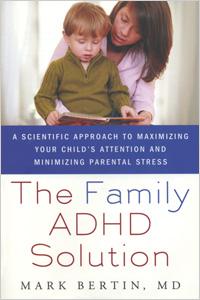 The Family ADHD Solution
The Family ADHD Solution
So, I read The Family ADHD Solution by Mark Bertin, MD — and it was life-changing.
But before I tell you about it, I want to tell you that discovering that my husband had ADHD literally saved our marriage. Because once I realized that his intention wasn’t to be disrespectful, that his brain was easily distracted, and he really loved me, we had something from which we could build. (Talk about life-changing!) I found out that ADHD often runs in the family, or at least children whose parents are ADHD are more pre-disposed to having it. I also discovered that a lot of adults with ADHD are entrepreneurs and very creative. Cool, huh?
Back to the book.
I gained a broader understanding of ADHD.
Frontal Lobes
ADHD is not just a focusing issue. “ADHD is a disorder of self-regulation and a set of skills called “executive function.” With ADHD, the frontal lobes are under-active and easily overwhelmed by tasks that seem easy to others. Add that to not great executive function and you get behaviors like melt-downs, impulsive behaviors, and poor motivation. (Would that explain my daughter’s feeling that she wasn’t able to control what came out of her mouth?)
Oh, and remember how I noticed my daughter could focus for longer periods of time? Well, it turns out that like I’d seen in my husband, people with ADHD can hyperfocus, or over focus. Hmmmm. Interesting stuff.
Bertin writes, “ADHD is as frustrating for the children who have it as it is for adults trying to raise them.” (Feeling compassion, not annoyance now.)
But it is hard for parents.”To teach a child with ADHD skills and change behaviors, parents must maintain their resolve over far longer stretches of time than they would with other children.” (That’s for sure!)
Besides attention management struggles, we also can see that people with ADHD have challenges with: task management, effort and motivation, emotional regulation, working memory, and self-monitoring.
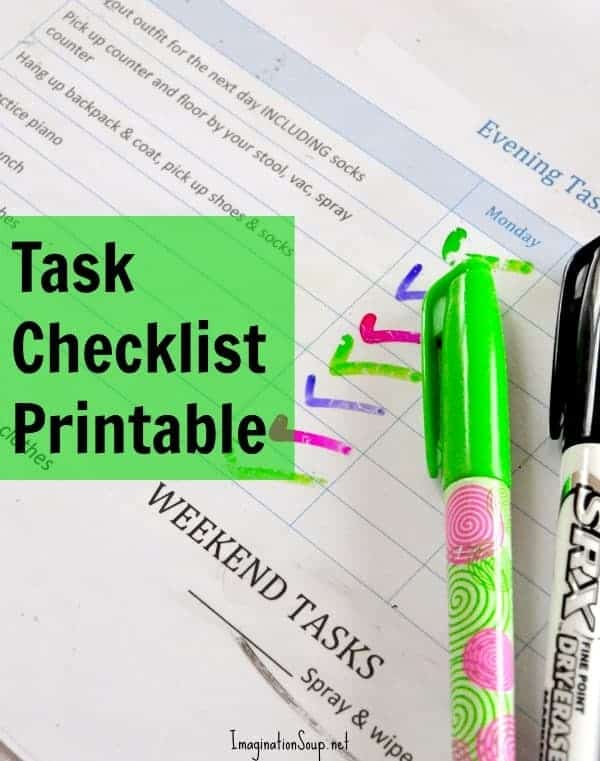 More Lessons on ADHD
More Lessons on ADHD
The book shares how mindfulness meditation can benefit children with ADHD as well as their adult caretakers — emphasizing how as parents, we must take care of ourselves so that we can be consistent with the boundaries and structures.
I liked how Bertin focused on helping children with one thing at a time and also making sure we go back to the skills the child needs — without skipping ahead on the developmental continuum and not seeing results. Crawl before Walk before Run.
One thing I knew I could do better to help my daughter, whether she has ADHD or not, was to create a list of tasks to do before school and after school. That way she doesn’t have to try to keep it all in her memory – which is really hard for her and usually means that I end up nagging. Boo to that! Here are my lists if you want to use them, too.
Morning List – .docx
Evening List – .docx
I stuck the lists in a clear plastic pocket, gave her a dry-erase marker, and now she only has to remember to check her task list.
Next Steps
I’m changing pediatricians but when that’s finished, I’ll take her to be evaluated. They’ll give me and the teachers a checklist like this one or this one.
As far as medication goes, we’ll cross that bridge when we come to it. I realize that sometimes medication can be a gift to help us be our best selves.
The ADHD Family Solution book says that a combination of medication and behavior therapy gets the best outcomes according to studies. It mentions how medication can help children develop executive function skills.
Your Story
I would like to hear from you. What is your experience with ADHD? Do you recommend any other books or resources?
UPDATE: (1/2018)
After getting my daughter tested, we learned that she is super smart. (Which is cool! I need to give her more credit. #parentinggoals) Our biggest ah-ha that I wanted to tell you was that while ADHD is an issue for her, her bigger struggle is with VERY slow processing. (Like the 1%.)
It makes a lot of sense now that we know this. I can see why her attention would drifts– because it takes her so long to access information or think something through. Can you imagine trying to solve a problem, read a sentence, or answer a question but you can’t quite get make your brain process fast enough?
And now that she gets extra time to do work and tests, her grades are much better!

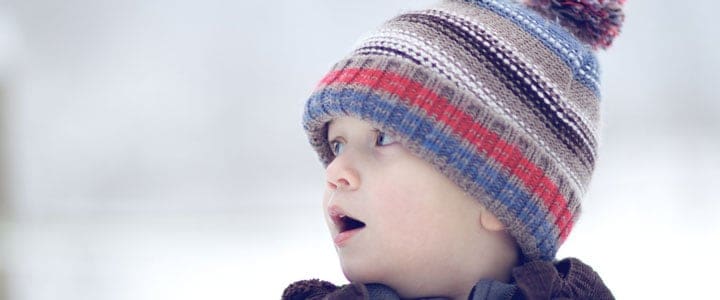
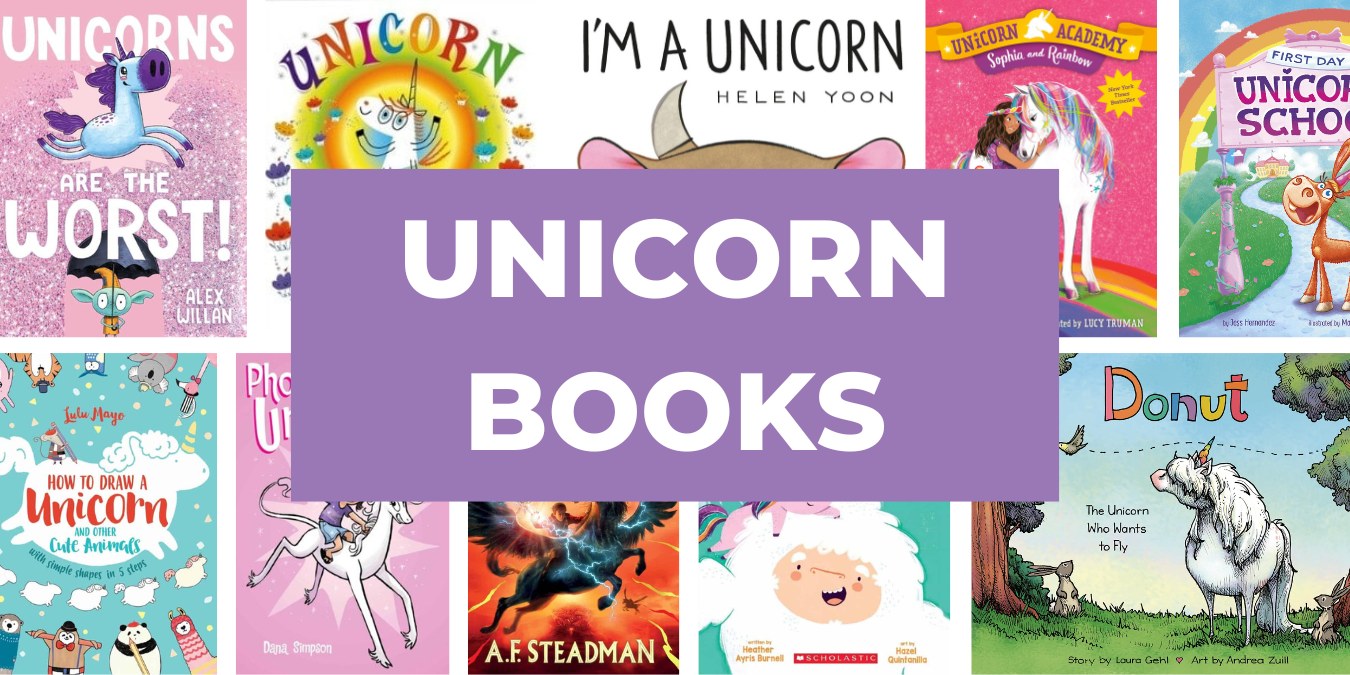


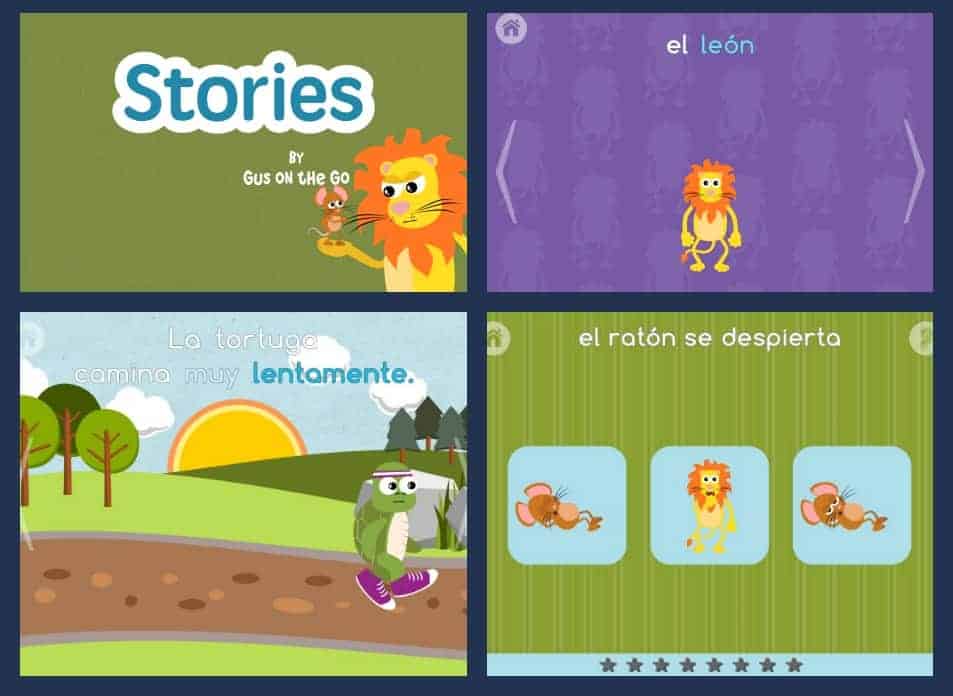
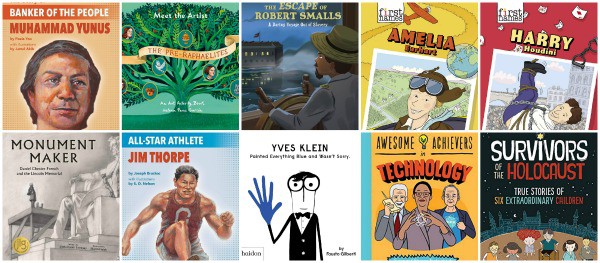
I have 9 year old twin boys who were both diagnosed last Spring (one severe ADHD+mood disorder and the other ADD+hyper sensitive nervous system). They are both on Medication while in school and also in behavior therapy. I am just starting to research and am excited to interact with other parents who are in the same boat. Thank you so much for the information!
I have a son who is almost 9 and has ADHD. We started medication with him after we felt we exhausted all other options without it. He is doing so much better in terms of focus at school but still struggles with his emotions at times, is impulsive and has trouble navigating social situations. We are really trying to focus on the social aspect so he can build friendships with his peers as he grows up with them in school.
I’m really curious about behavior therapy – I feel like it might be something that our son could benefit from. If you’re willing to share your experience, I would love to hear about it. Thanks!
We did cognitive behavior therapy WAY too early. I wasted lots of money and time on something that really isn’t helpful until you can be a more abstract thinker. In hindsight, I should have done play therapy.
We are currently trying neurofeedback in combination with talk therapy which has been really helpful so far. I can’t say for sure because my daughter has some other medical issues that are interfering with her brain big time. Once we get the mold out of her body (mold toxicity from our house) I’m really thinking we’ll see even more dramatic results from the neurofeedback. Also, she’s not on medication because she has a double gene mutation (MTHFR) which makes medications not work.
I’ve just started reading “Smart but Scattered” by Drs. Peg Dawson and Richard Guare. The first paragraph of the introduction described my daughter to a “t”. That paragraph ends with, “Your friends’ children don’t forget permission slips, lose expensive coats, or fall apart in public. Why does yours?” From there, they describe executive function in a way that’s easily understandable, and go on to help parents evaluate their child’s (and their own) strengths and challenges, and then teach their child to build and use executive function skills.
thanks for the recommendation – can’t wait to read it!
My older and younger brothers have ADHD but no one ever thought I had it. In talking to my older brother we are EXACTLY the same — we have the hyperfocus and then inattentiveness, there’s a ton of things that we have similar, yet I’ve never done anything about it. I’ve struggled with it all my life thinking I was lazy or unmotivated, or just lame. I didn’t realize until this conversation with my brother that it was ADHD. Now I’m seeing it in my oldest boy and I have got to do something about it. Most of the ADHD symptom “checklists” don’t seem to talk about hyperfocus. My kid can focus in on legos or sharks, or video games forever, but anything else and it is impossible. I have got to read this book and then really evaluate what we can do for him. I worry about the medicines, I’ve heard so many things about them it makes me nervous. Thank you for sharing your story and I love your checklists. I think these will really help my son. Checklists definitely help me get through the day.
Thank you for noting the hyperfocus on the spectrum. I am a teacher, too, and I often hear, “But he can focus. On Legos.” This becomes proof that a child should focus on anything. I share that we all have a focus-spectrum. I can read a novel for hours, but a car manual? No thanks 🙂
I always say that we are all different. Information is power. It can be tough, but knowing our own story or a child’s story can help us write the story with grace. We can meet the real needs instead of getting angry about things out of our control. Thank you for sharing your own family’s story!
Hi. I am a figure skating instructor blessed with two girls with ADHD. Do you have any advice on listening and focus skills for them?